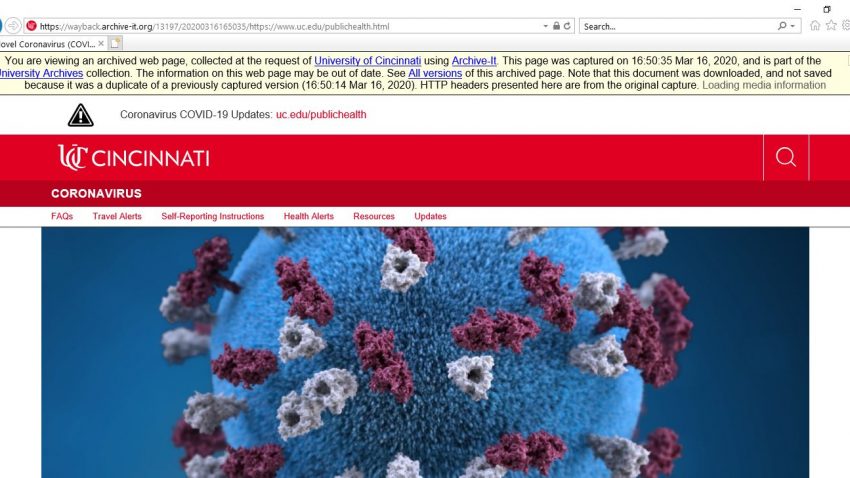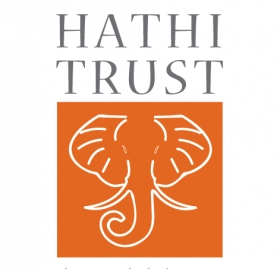The UC Science and Engineering libraries have recently added new e-books to the collection. These books are on several topics relevant to active research areas such as nanotechnology, robotic design, sustainability, and biomedical engineering.
To locate many useful science & engineering resources for classes and research, please check out our updated Sciences library and CEAS Library websites. For help, contact Ask-A-Librarian or Ted.Baldwin@uc.edu .
 Sustainable Water Treatment: Engineering Solutions for a Variable Climate (2019)
Sustainable Water Treatment: Engineering Solutions for a Variable Climate (2019)
The book offers a challenging, diverse, holistic, multidisciplinary, experimental and modelling-orientated case study, covering topics such as natural wetlands, constructed treatment wetlands for pollution control, sustainable drainage systems managing diffuse pollution, specific applications, such as wetlands treating dye wastewater and ecological sanitation systems recycling treated waters for the irrigation of crops.
http://proxy.libraries.uc.edu/login?url=https://www.sciencedirect.com/science/book/9780128162460
 Humanoid Robots: Modeling and Control (2019)
Humanoid Robots: Modeling and Control (2019)
The book starts with a historical overview of the field, a summary of the current state of the art achievements and an outline of the related fields of research. It moves on to explain the theoretical foundations in terms of kinematic, kineto-static and dynamic relations. A chapter focuses on simulation environments, specifically on the step-by-step design of a simulator using the Matlab® environment and tools.
http://proxy.libraries.uc.edu/login?url=https://www.sciencedirect.com/science/book/9780128045602
 Nanoengineered Biomaterials for Regenerative Medicine (2019)
Nanoengineered Biomaterials for Regenerative Medicine (2019)
This book showcases the advances that have taken place in recent years as an increasing number of nanoengineered biomaterials have been targeted to various organ tissues. The book systematically explores how nanoengineered biomaterials are used in different aspects of regenerative medicine, including bone regeneration, brain tissue reconstruction and kidney repair. It is a valuable reference resource for scientists working in biomaterials science who want to learn more about how nanoengineered materials are practically applied in regenerative medicine.
http://proxy.libraries.uc.edu/login?url=https://www.sciencedirect.com/science/book/9780128133552
For the full list of recent books, click the “Continue Reading” link below.
Continue reading →

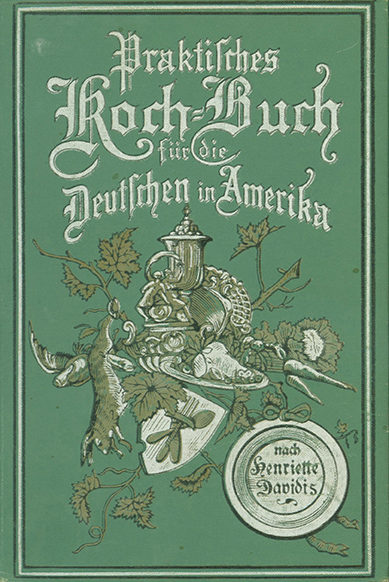
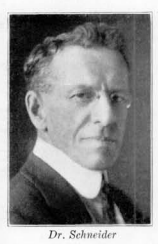 The
The 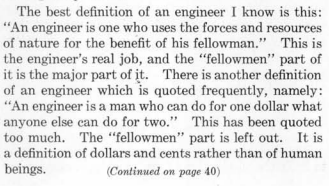
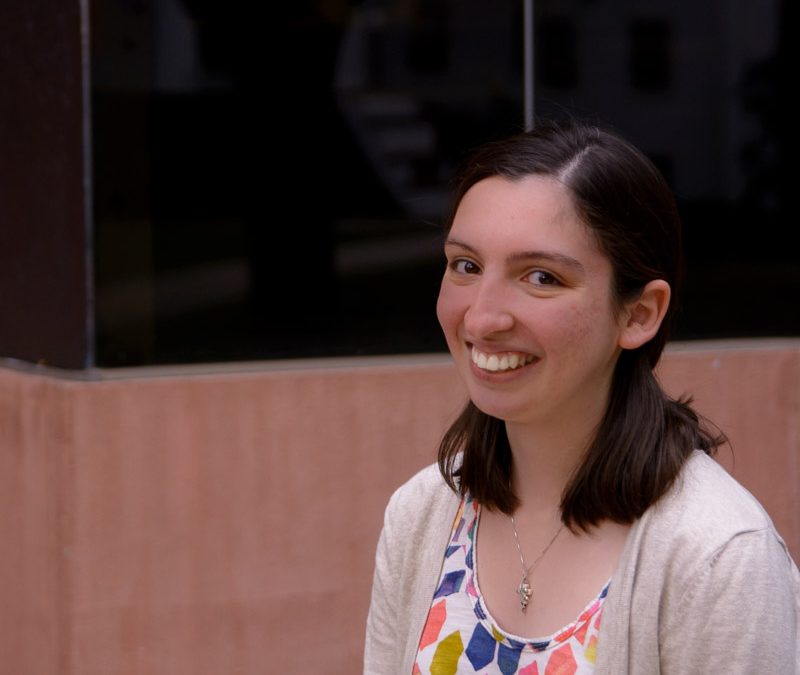 Madeleine Gaiser, the new 0nline learning and instruction specialist in the College of Education, Criminal Justice and Human Services (CECH) Library, began (remote!) work at UC Libraries on Monday, April 20.
Madeleine Gaiser, the new 0nline learning and instruction specialist in the College of Education, Criminal Justice and Human Services (CECH) Library, began (remote!) work at UC Libraries on Monday, April 20. Sustainable Water Treatment: Engineering Solutions for a Variable Climate (2019)
Sustainable Water Treatment: Engineering Solutions for a Variable Climate (2019) Humanoid Robots: Modeling and Control (2019)
Humanoid Robots: Modeling and Control (2019) Nanoengineered Biomaterials for Regenerative Medicine (2019)
Nanoengineered Biomaterials for Regenerative Medicine (2019) Are you researching a paper and need help finding a quote? Looking for sheet music? Need help connecting to e-books? UC Libraries is available
Are you researching a paper and need help finding a quote? Looking for sheet music? Need help connecting to e-books? UC Libraries is available 